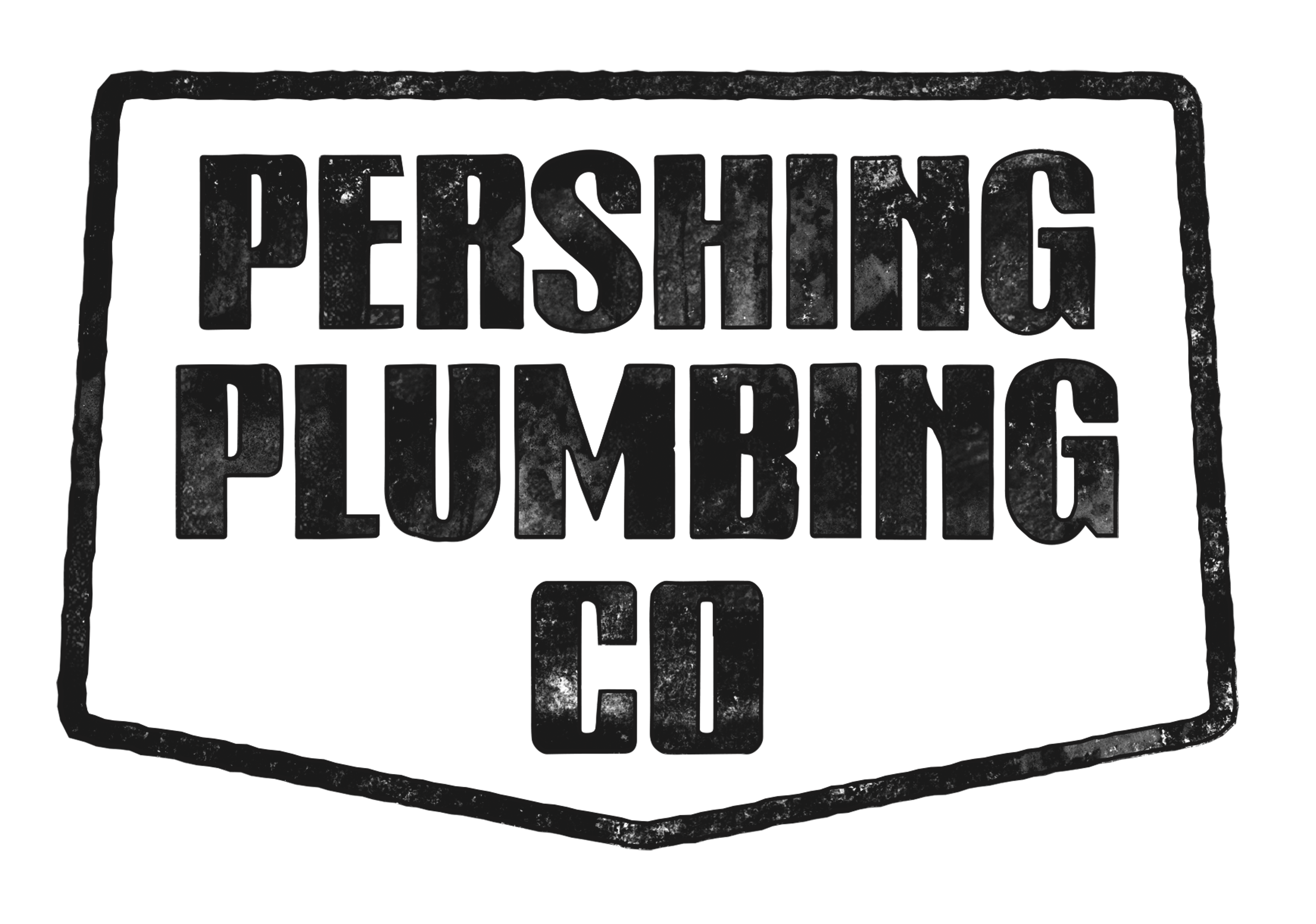When your sink takes forever to drain, it’s easy to blame it on obvious blockages. However, the root cause of slow drainage can sometimes be more complex and obscure. In this blog, we uncover some unconventional reasons why your sink may be draining slowly, providing you with a broader understanding and novel solutions to tackle this annoying issue effectively.
Inefficient Pipe Design
The diameter and design of your sink’s pipes play a pivotal role in water flow. If pipes are too narrow or designed with too many bends, they can restrict flow, causing water to drain more slowly. Reevaluating the pipe design and making necessary adjustments can improve drainage.
Build-up of Biofilm
Over time, sinks can develop a layer of biofilm—a slimy combination of bacteria, soap scum, and organic matter. This biofilm can coat the interior of pipes, slowing down water flow. Regular deep cleaning with enzyme-based cleaners can break down biofilm and clear the passage.
Cold Weather Constrictions
In colder climates, the temperature of incoming water can be significantly lower, affecting its viscosity and flow rate. Insulating your pipes can prevent this thermal slowing and ensure more consistent drainage year-round.
The Hidden Effects of Airlock
Airlock in plumbing occurs when air is trapped in the pipes, disrupting water flow. This condition can lead to slow drainage. Properly venting your plumbing system or seeking professional help to remove air pockets can resolve this issue.
Downstream Blockages in Shared Systems
In multi-unit buildings or homes with complex plumbing systems, slow drainage in your sink might be due to blockages or issues in the main shared pipes, not necessarily your individual sink. Collaborating with neighbors or property management for a comprehensive plumbing assessment might be necessary.
Conclusion
Slow sink drainage can be a symptom of various underlying issues, not all of which are immediately obvious. From pipe design flaws and biofilm build-up to environmental factors and systemic plumbing problems, understanding these less typical causes can provide new avenues for resolving drainage issues. By taking a holistic approach to diagnose and address the factors affecting your sink’s drainage, you can achieve a more effective and lasting solution, ensuring your sink performs optimally and your daily routines flow smoothly.

